SC’s first homeless court celebrates decade of innovation
October 22, 2025
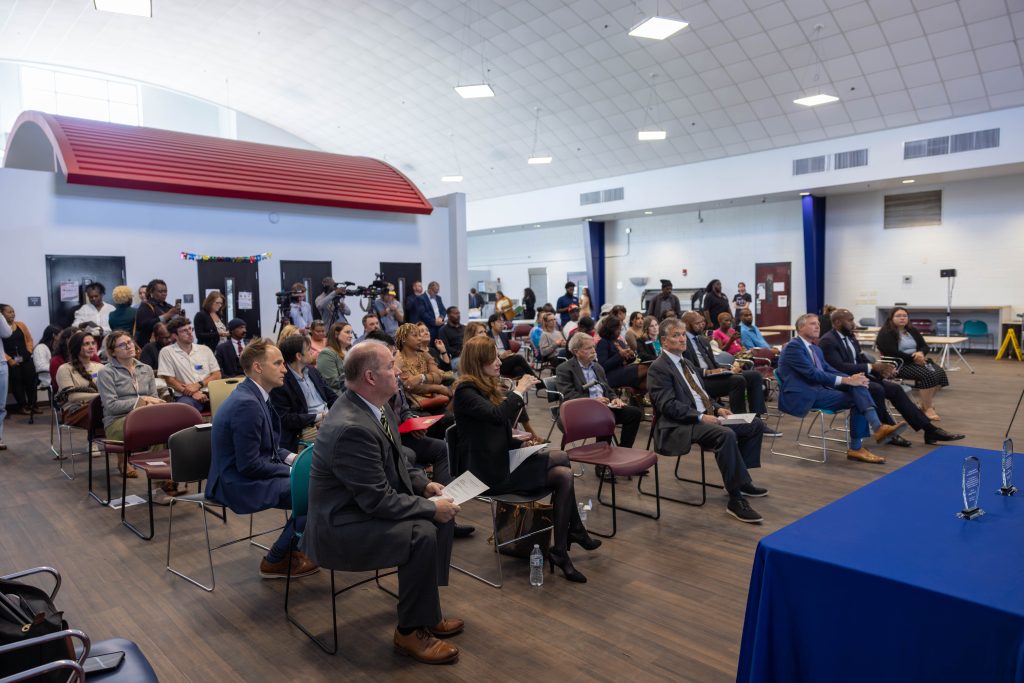
The Fifth Judicial Circuit and Transitions Homeless Center celebrated the 10th anniversary of the Columbia Homeless Court (CHC) on Tuesday, Oct. 21.
Judges, elected officials, and service providers joined to recognize a decade of restoring stability and opportunity for people experiencing homelessness, with CHC alumni and program leaders highlighting the Court’s impact.
Launched in January 2015, the Court has served 335 individuals since 2018. Success is measured by participants who graduate after meeting goals set collaboratively by service providers, the Public Defender’s Office, the Solicitor’s Office, and judges. As of April 2024, the Court has a 45% success rate.
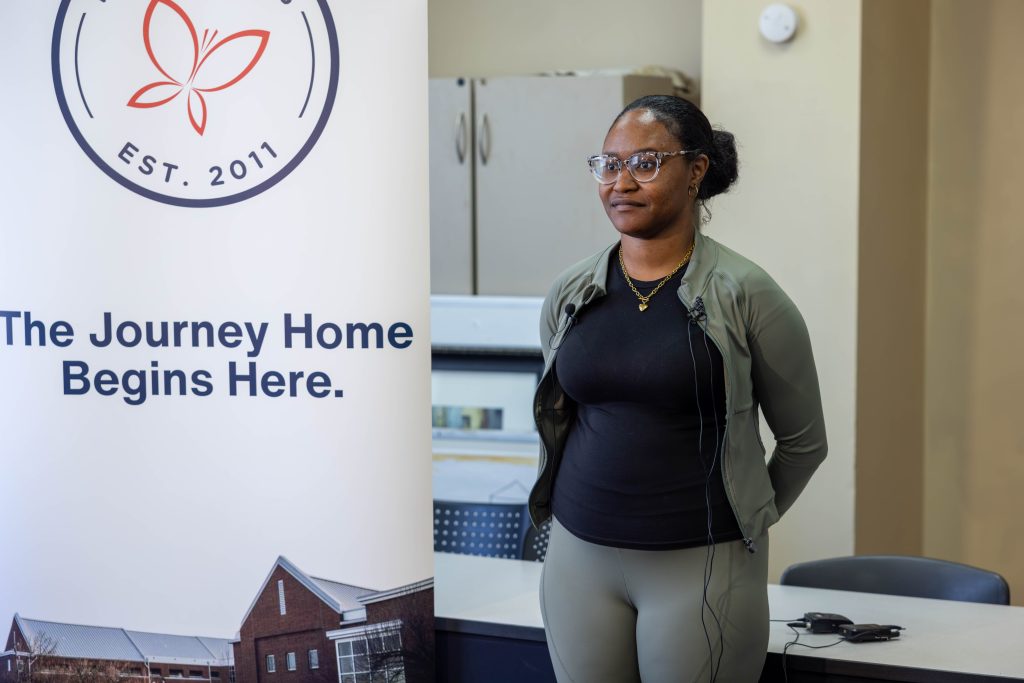
“Before Homeless Court, I couldn’t afford to clear my suspensions and fines, which kept me from holding a steady job or joining the military,” said Yasmeen Lewis, a Homeless Court graduate. “The program helped me overcome these challenges and rebuild my stability.”
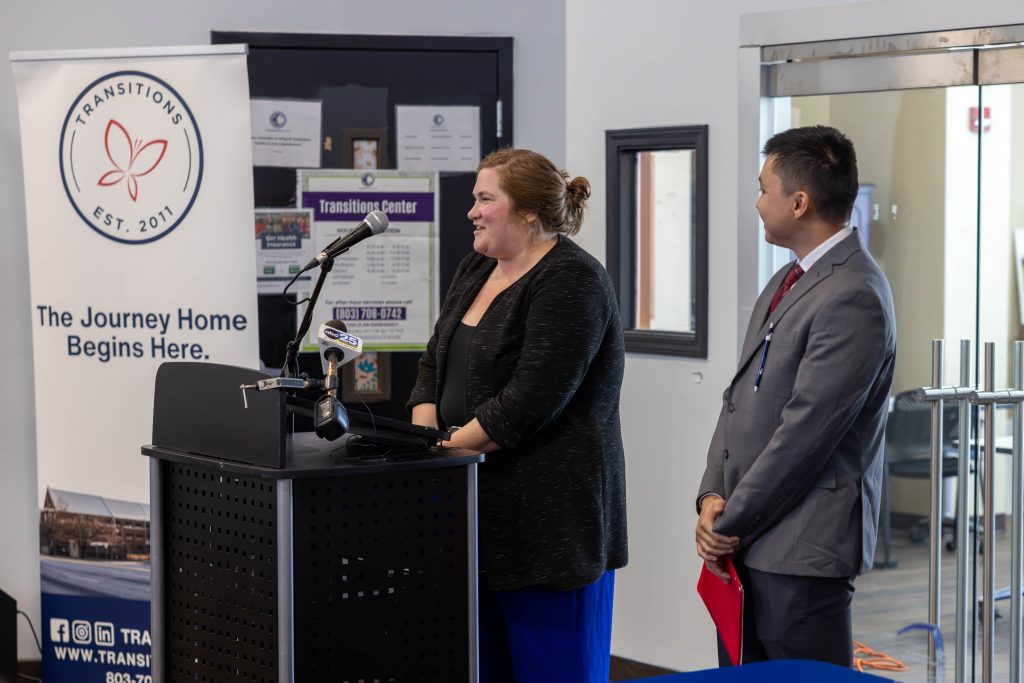
Homeless Court operates differently from the traditional criminal justice system model. Assistant Public Defender Kieley Sutton shared, “Rather than an adversarial process, Homeless Court takes a collaborative, holistic approach to addressing both the legal and social issues that lead to housing instability and homelessness.”
More than 150 graduates have secured employment, found housing, or completed mental health or substance use treatment.
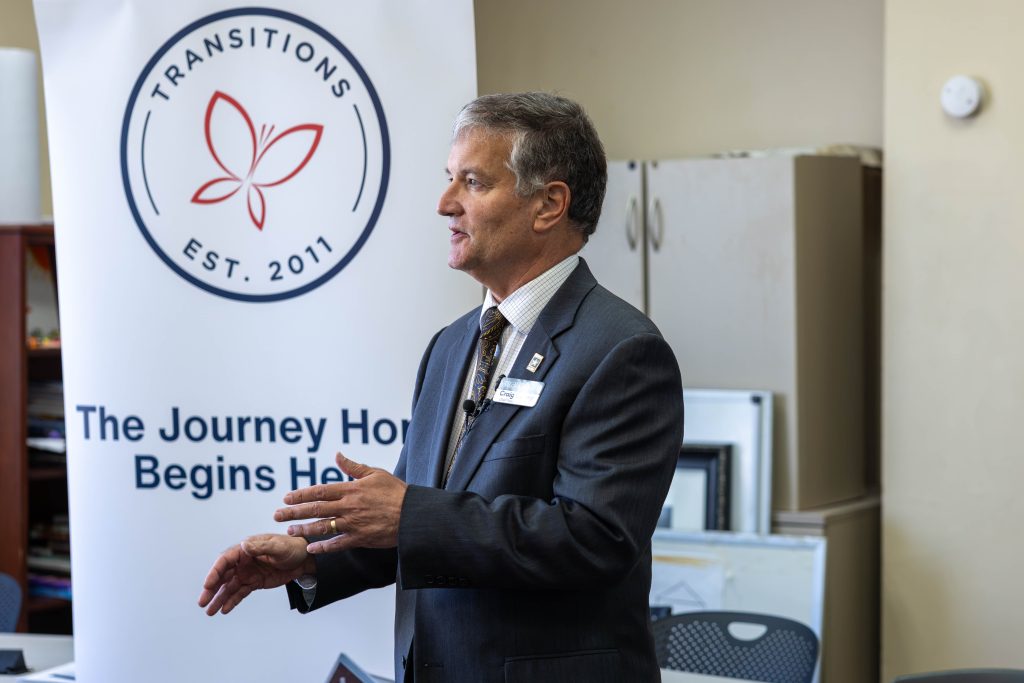
“Homeless Court has been critical in helping many of our clients secure permanent housing,” said Craig Currey, CEO of Transitions Homeless Center. “Criminal offenses, past or present, can block people from housing or jobs. With so many people applying for affordable housing units or selective jobs, a criminal record can easily disqualify a person from the consideration of a landlord seeking the right tenant or an employer looking for the best applicant. By addressing current misdemeanors and expunging past offenses, Homeless Court helps participants move forward with life and overcome prior mistakes.”
The idea for a homeless court began in 2013 when then–City of Columbia Councilwoman Tameika Isaac Devine approached former Chief Judge Dana Turner and Nelson Mullins Partner George B. Cauthen, now retired, about creating a new model of justice for unhoused residents.
An exploratory committee, including former Fifth Judicial Circuit Solicitor Dan Johnson, then–Assistant Solicitor Daniel Coble, Assistant Public Defender Constantine “Dino” Pournaras, Chief of Police William H. “Skip” Holbrook, and local service providers, visited homeless courts in San Diego and Birmingham, Alabama, to shape Columbia’s program.
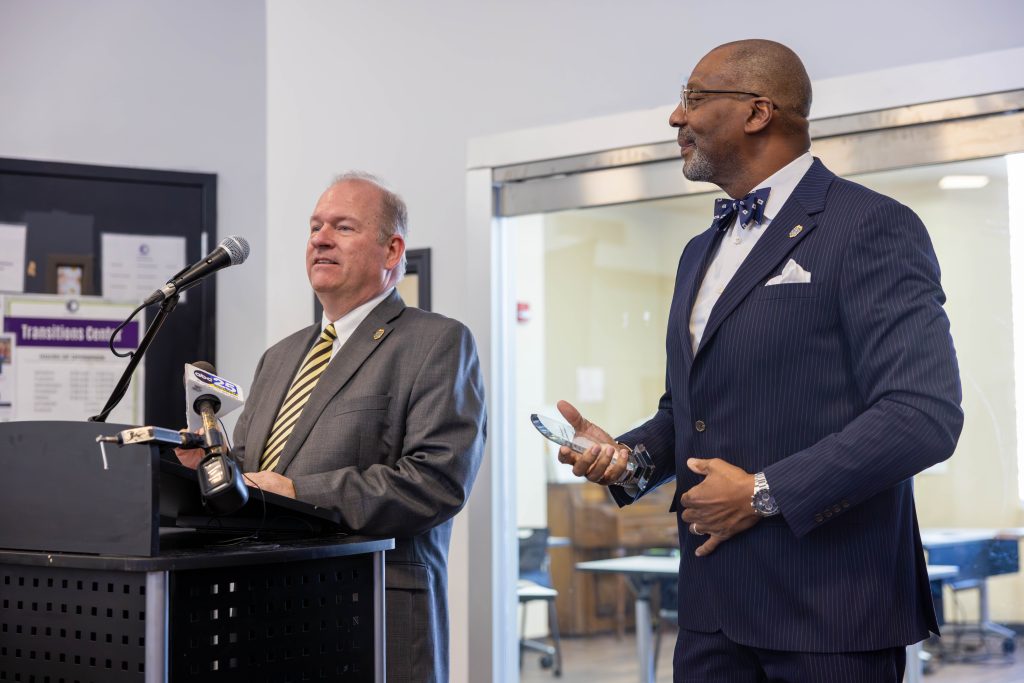
“The role of a prosecutor in treatment courts is significant,” said Hans Pauling, director of Diversion Programs and Affiliate Services at the Fifth Judicial Circuit Solicitor’s Office. “Without the cooperation and support of the State, these programs cannot exist and remain effective. Working in collaboration with the defense attorney, the judge, and the service providers can build the village required to move people off the streets into a more stable existence and better future.”
Since its first session, CHC has held monthly sessions at Transitions Homeless Center when judges are available. It was the first homeless court in South Carolina and has inspired programs in Charleston, Florence, Greenville, Myrtle Beach, Rock Hill, and Spartanburg.